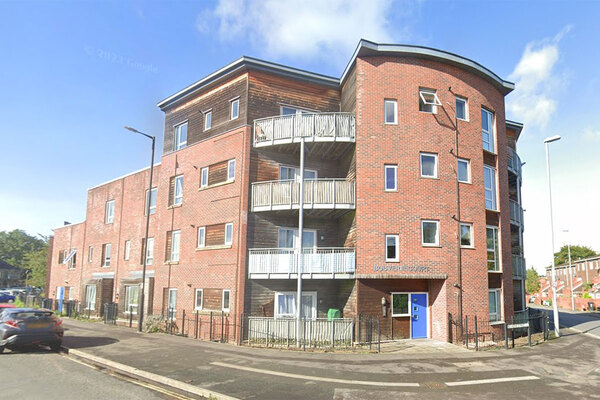Publicising discretionary hardship fund criticised
A call on councils to more aggressively promote a hardship fund by the Department for Work and Pensions has been criticised.
DWP guidance published on 3 August, called on councils to ‘raise awareness’ of discretionary housing payments, which are used to help people who can’t pay their rent.
It suggests 15 ways councils can do this, including using leaflets, posters, social media, local radio, council websites and including information on all housing benefit decision notices.
However, Nigel Minto, head of housing at umbrella body London Councils, warned that promoting DHP could give people false hope and lead to authorities having to spend time advising people who may falsely believe they are eligible.
He said: ‘As soon as you get into publicising anything discretionary you set hares running and unfairly raise expectation.’
Sam Lister, policy and practice officer at the Chartered Institute of Housing, agreed the move could create ‘false expectations’.
However, he added: ‘It’s a really tricky issue, because if people don’t know about them there may be people who need help who won’t get it.’
Hitesh Tailor, Labour cabinet member for housing at Ealing Council, said the amount paid in DHP is a ‘drop in the ocean’ compared with benefit cuts.
The amount of money for DHP will increase from £60 million this year to £165 million in 2013/14.
The extra cash will be ring-fenced for groups of people affected by different welfare reforms.
But the government will cut an estimated £500 million through the bedroom tax, £740 million through local housing allowance changes and £305 million through the benefits cap.
A DWP spokesperson said: ‘The administration of DHP is rightly in the hands of councils but they need to make the most of the funds to provide financial assistance.’







